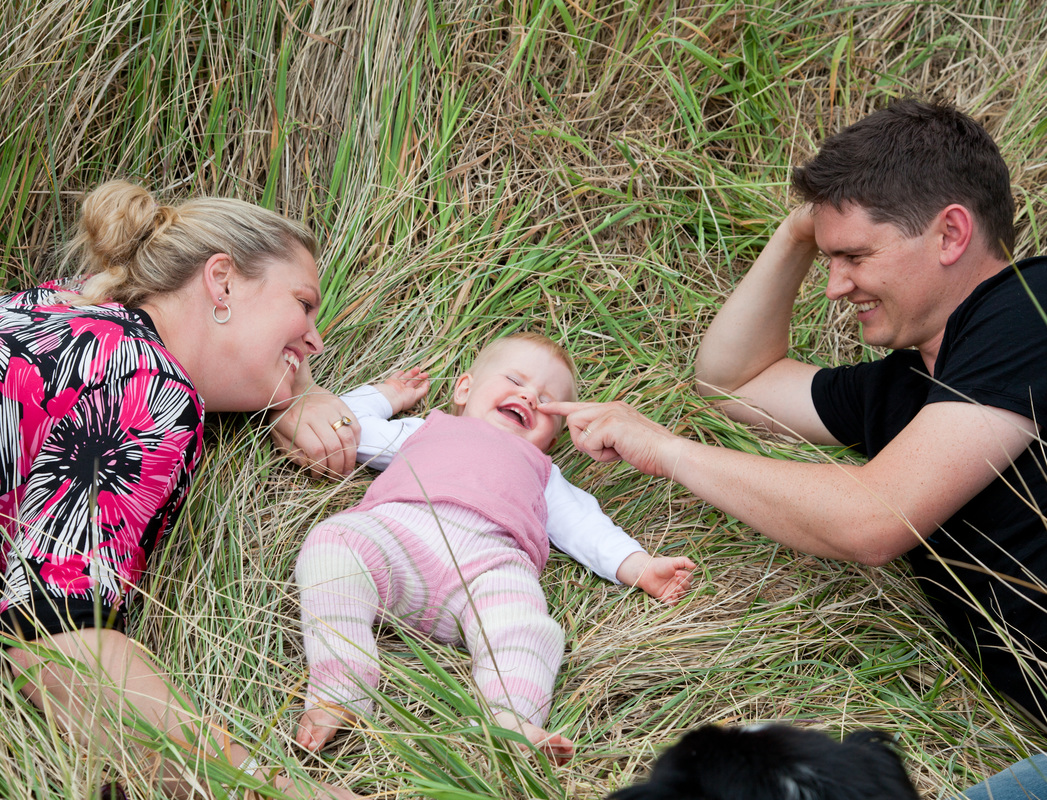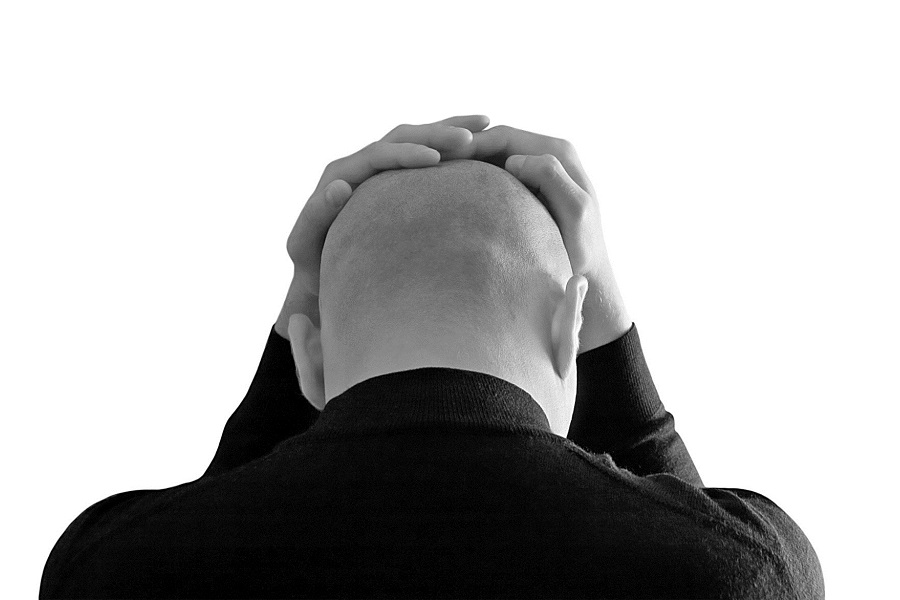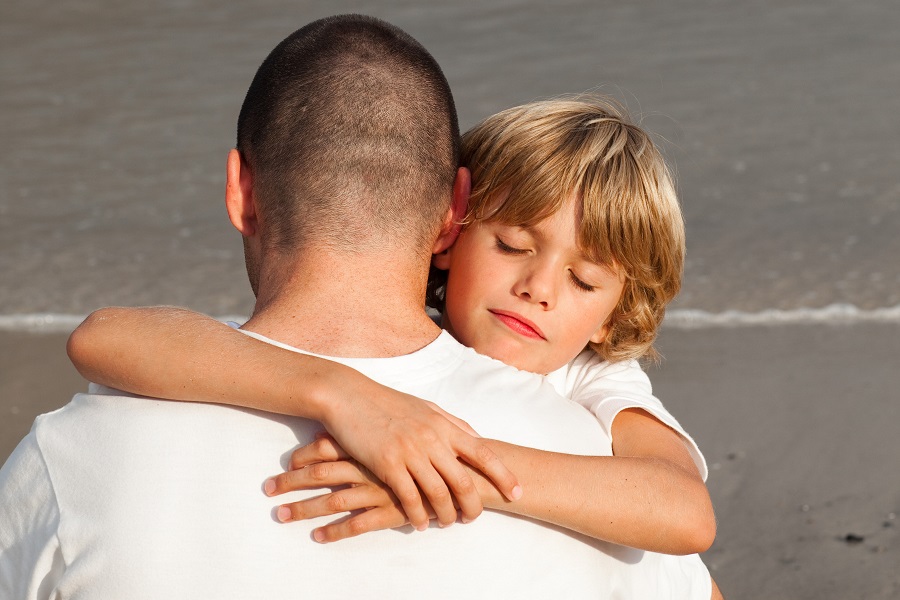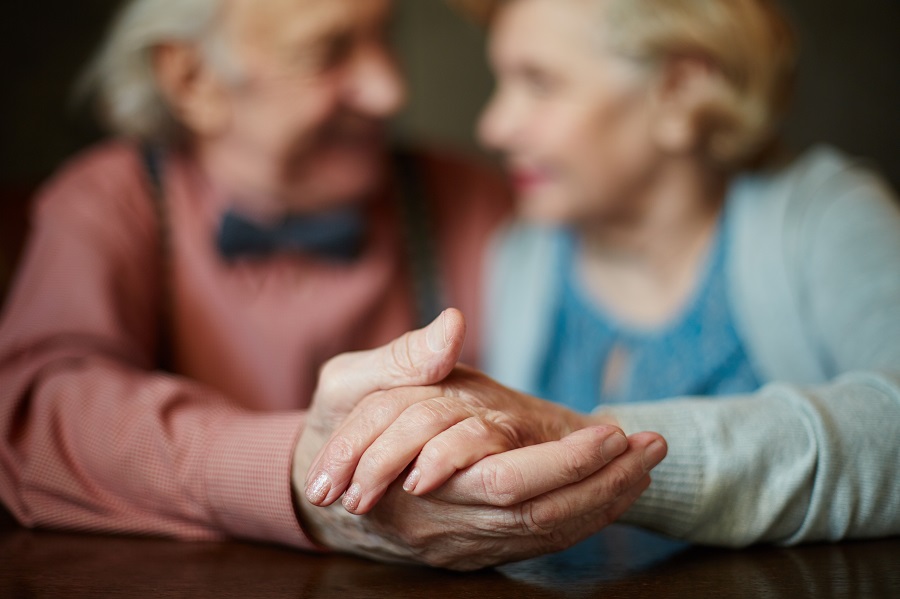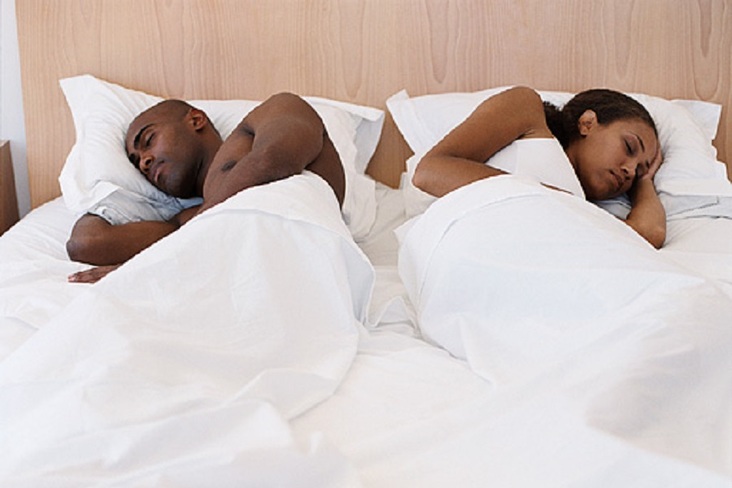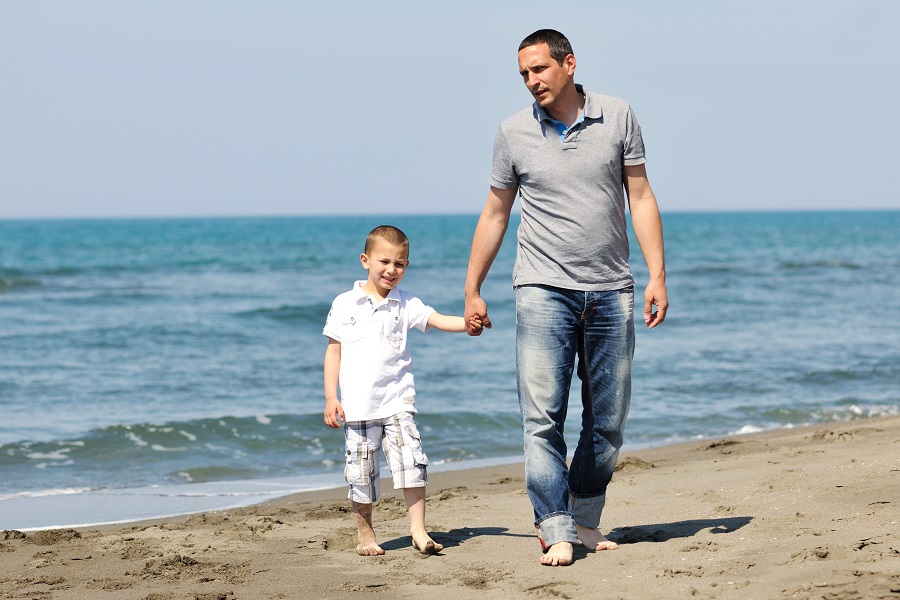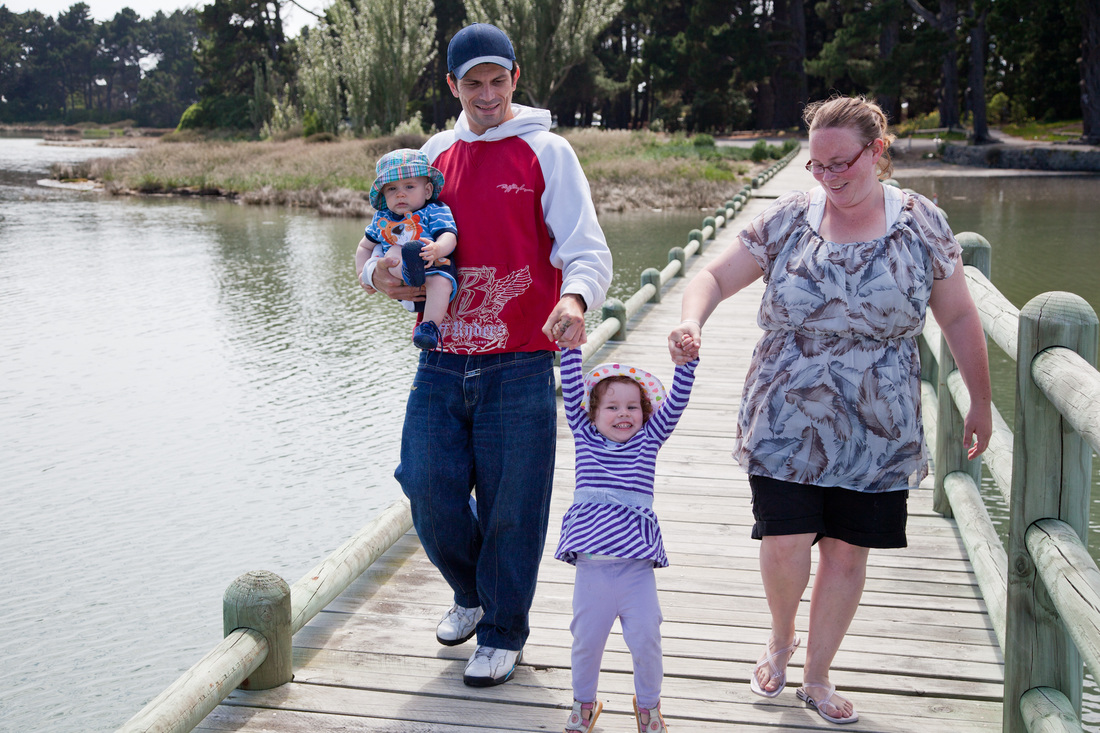There are a number of key ideas discussed within this site... 1. Responsibility The first idea is 'responsibility'. In my view responsibility is the ability to respond to situations that we find challenging and distressing. Throughout this site you will find a lot of material around developing skills that will help you to respond respectfully and safely in situations that are tough to manage. One of the key responsibilities we have as men within our relationships is to ensure everyone is safe and that we do not increase worry and anxiety in others. Ask yourself the following question at any time to test this out... “Is my behaviour creating worry and anxiety in others... or
is my behaviour creating safety and well-being?”
6 Comments
There are a lot of things that people say about domestic abuse that are flat out wrong!
Myths serve as convenient excuses for abusers not to take responsibility for their behaviour. There is no excuse for domestic abuse. Check out the following myths and realities and make your own mind up… Myth #1 - Women choose this type of man Most women's experiences show that in the beginning of the relationship men are very attentive, loving and caring. Women are not aware when becoming involved with men whether they are violent or not, there are no signs.
Our lives are in a constant state of change. We've all heard the saying... "Change is the only constant" Whenever we change, part of us becomes excited and determined, while another part of us fears what it may mean and wants to remain the same. Even when we are strongly determined to be different, there is a part of us that wants to keep things the same.
Two very important questions are:
Take a moment to think about some other behaviour that you have managed to put behind you. For example, have you...
This is a question you can ask about any interaction between people…
“Does this interaction build or lessen respect, safety and trust for this person, or does it demean them in some way?” Abusive behaviour is clearly at the expense of others, whereas respectful behaviour enhances all concerned. Healthy relationships are those where people feel free to disagree. This does not mean that people don’t like or are judging you… it simply means that, from their experiences and understanding, they have a different view. You can agree to disagree over an issue and still remain friends.
SAFETY - EQUALITY - RESPECT Safety...
To live safely with someone means keeping them safe from all insults, threats and violence, no matter what they do or say to us. A big ask? Yes, but we have to ask ourselves whether our nonviolence is merely conditional on how others behave. Unless we commit to being safe to live with ‘no matter what,’ it means we are secretly keeping a reserve of abuse and violence up our sleeve (or in a dark corner of our mind) to bring out when we want to punish someone for doing whatever we don’t like. Which attitude is more courageous and worthy of self-respect for us as men... being safe to live with no matter what, or keeping in reserve the right to punish by abuse or violence?
To embrace these new ways of being with others will make a huge difference to your own sense of self, as well as to how others perceive you.
Below are some specific ways to relate to others more respectfully.
Have you had enough?
Is it time to put abuse behind you, or do you want to keep your options open? You have found that the reasons for belonging to the ‘Abuse Club’ are no longer valid. You had little choice about joining - membership is free when you are born male - but you can make the decision to resign now that you are an adult. So what will you do? Letting go of a lifestyle of abuse is like saying goodbye to an old friend. The friend may have got you into a great deal of trouble but you have been through a lot together, like real buddies or mates. There were pay-offs or benefits in being a member of the ‘Abuse Club’. You often got what you wanted in the short term, at the expense of others.
Men are not by nature bad communicators.
Men will make decisions about how, when and how much energy they put into conversing with others. I have met a number of men who are incredibly well spoken in the public world, but struggle to clearly sort things out in their private lives. As Harold said… “This was my second marriage. I wasn’t a good communicator. I could talk at work and speak in public but one-to-one I was hopeless.” In Harold’s case it is not a matter of having a lack of skills to communicate… The problem was his beliefs about putting the same energy into talking at a personal level. So what stops these same men effectively communicating with their partners and others? Talking about Family Violence - Mens stories - The abuse from Ken McMaster on Vimeo.
Understanding why men use abuse and violence can be tough!
All of us know that behaviour is often learnt from what we see, hear and experience as children, however people often have judgemental views and attitudes about men who are abusive. To truly make a difference in our own lives and the lives of our families we must get away from the idea of being punitive. In the above clip you will hear from several men who have all gone through family violence programmes. In the clip they discuss their experience of perpetrating violence and abuse within their families and offer some insight into some of the factors that may have contributed to the abuse. Reflection activity After viewing the media clip consider the reflection questions below...
To develop and maintain a truly intimate relationship requires you to see the other person as different but equal. This is an on-going struggle in the best of relationships and reflects the nature of close relationships. Our society encourages judgement and labels about people based on all sorts of false information and erroneous beliefs.
Harriet Goldner Lerner gives us a clue to what intimacy means: For starters, intimacy means that we can be who we are in a relationship, and allow the other person to do the same. ‘Being who we are’ requires that we can talk openly about things that are important to us, that we take a clear position on where we stand on important emotional issues, and that we clarify the limits of what is acceptable and tolerable to us in a relationship. ‘Allowing the other to do the same’ means that we can stay emotionally connected to that other party who thinks, feels and believes differently, without needing to change, convince, or fix the other. An intimate relationship is one in which neither party silences, sacrifices, or betrays the self and each party expresses strength and vulnerability, weakness and competence in a balanced way. The Dance of Intimacy, Harriet Goldner Lerner, p. 3
Have you been conned?
Like many men, you may have been conned by the Old Rule Book (and the family you grew up in) to behave in certain ways. Like any con, it loses its power once it’s exposed. Once you see the situation for what it is you are in a strong position to make other choices – that is… the choice to make a change! Human nature is a tricky thing because it invites you (wants you) to act in the same ways and do the same things to resolve a problem. What this does, is gets you stuck even more. When you understand where your patterns of behaviour come from and what around you is supporting these behaviours, you’re in a good position to rewrite your own story. The Old Rule Book was made up of the following ideas…
If you are here you are either struggling or know someone who is struggling with abusive practices. Over the past 30 years I've worked with literally hundreds of men who have struggled to overcome the lesson they learnt in their families which is...
“Abusive practices are okay and work to get you what you want.” I want to say that despite the messages we get as men that 'using abusive practices is okay', abusive practices are bad news for everyone and impact on everyone involved in negative ways. The good news is that these are learned behaviours and with persistence and effort it is possible to overcome these and have a good life. A good life has huge benefits for us as men and for all of the other people in our lives. |
